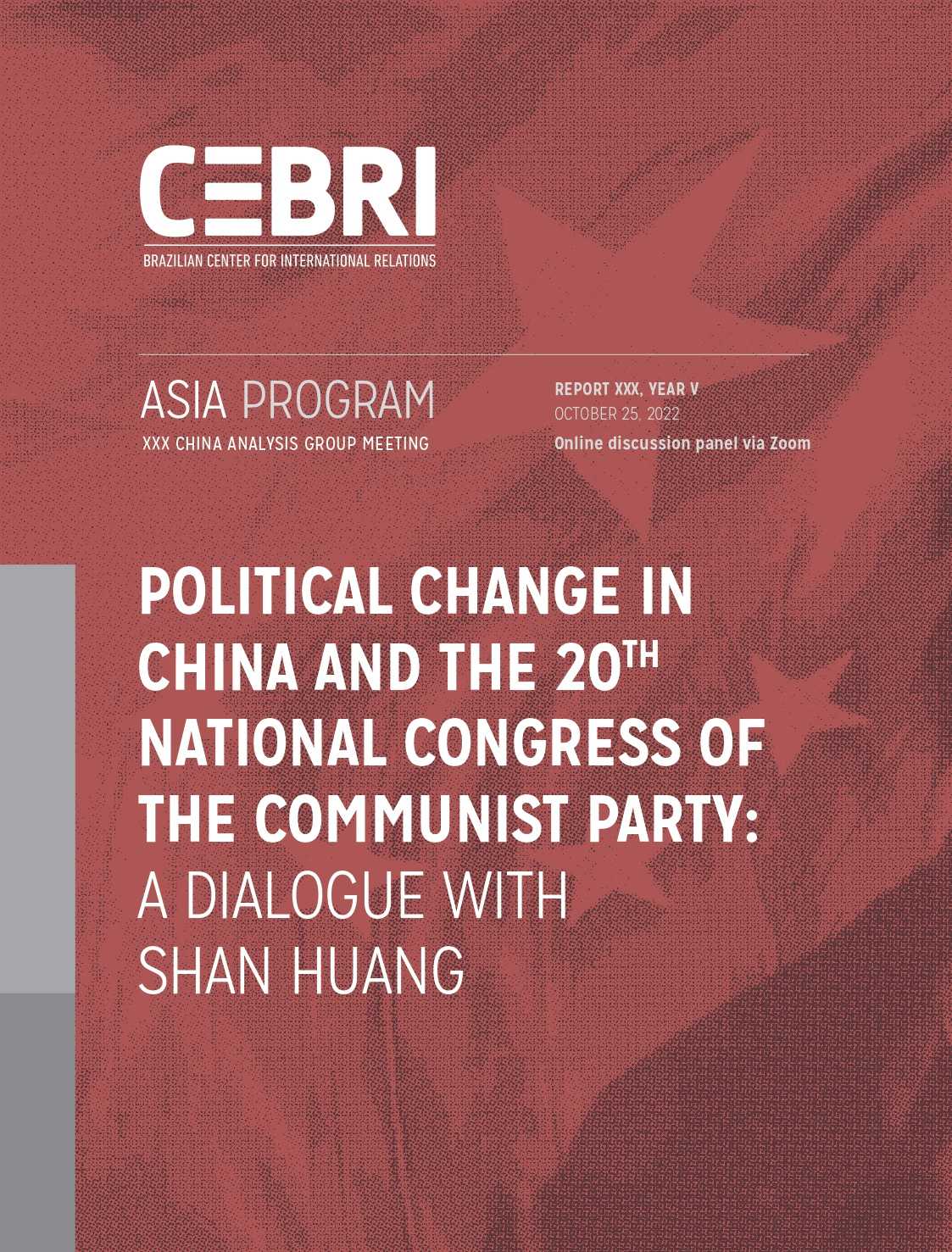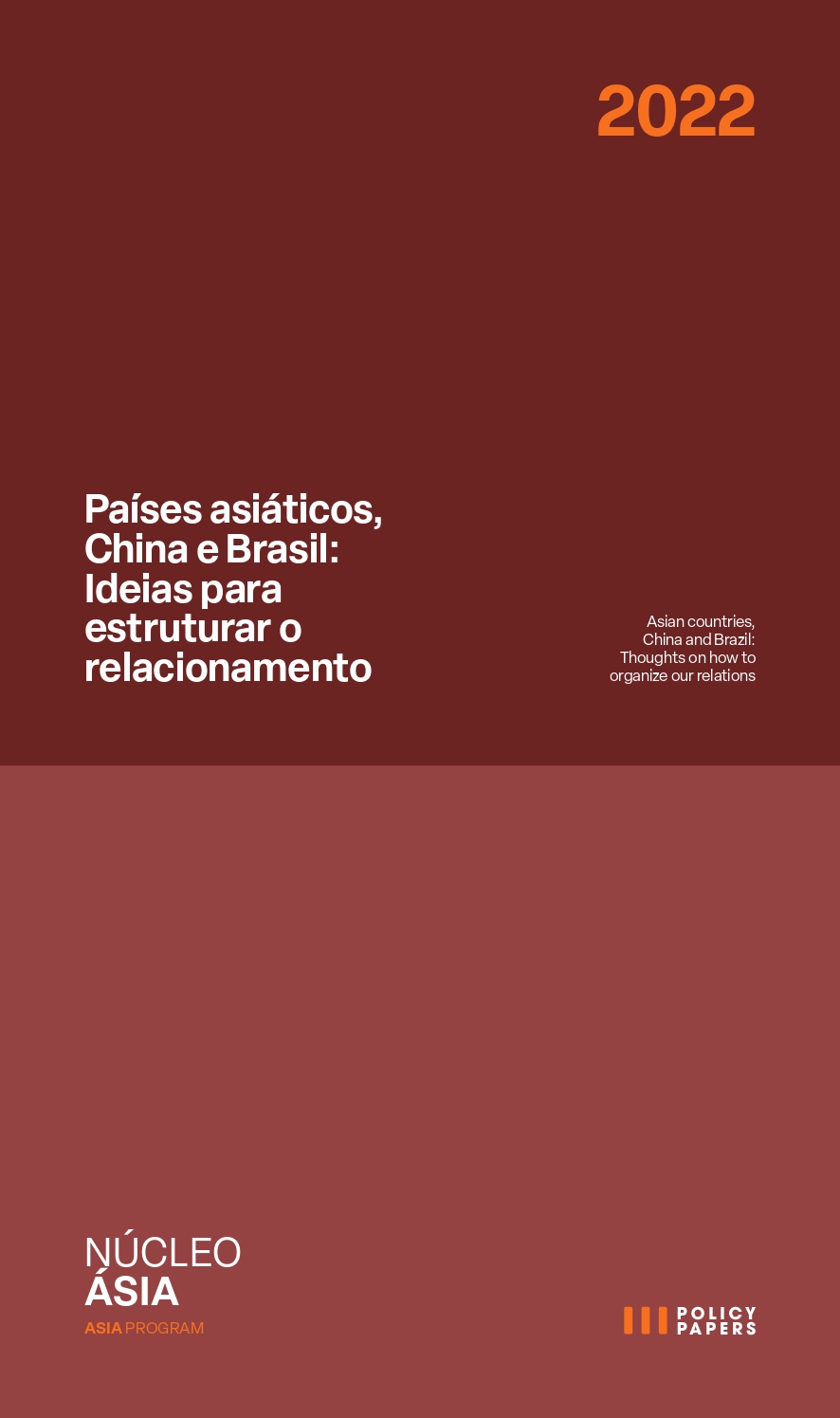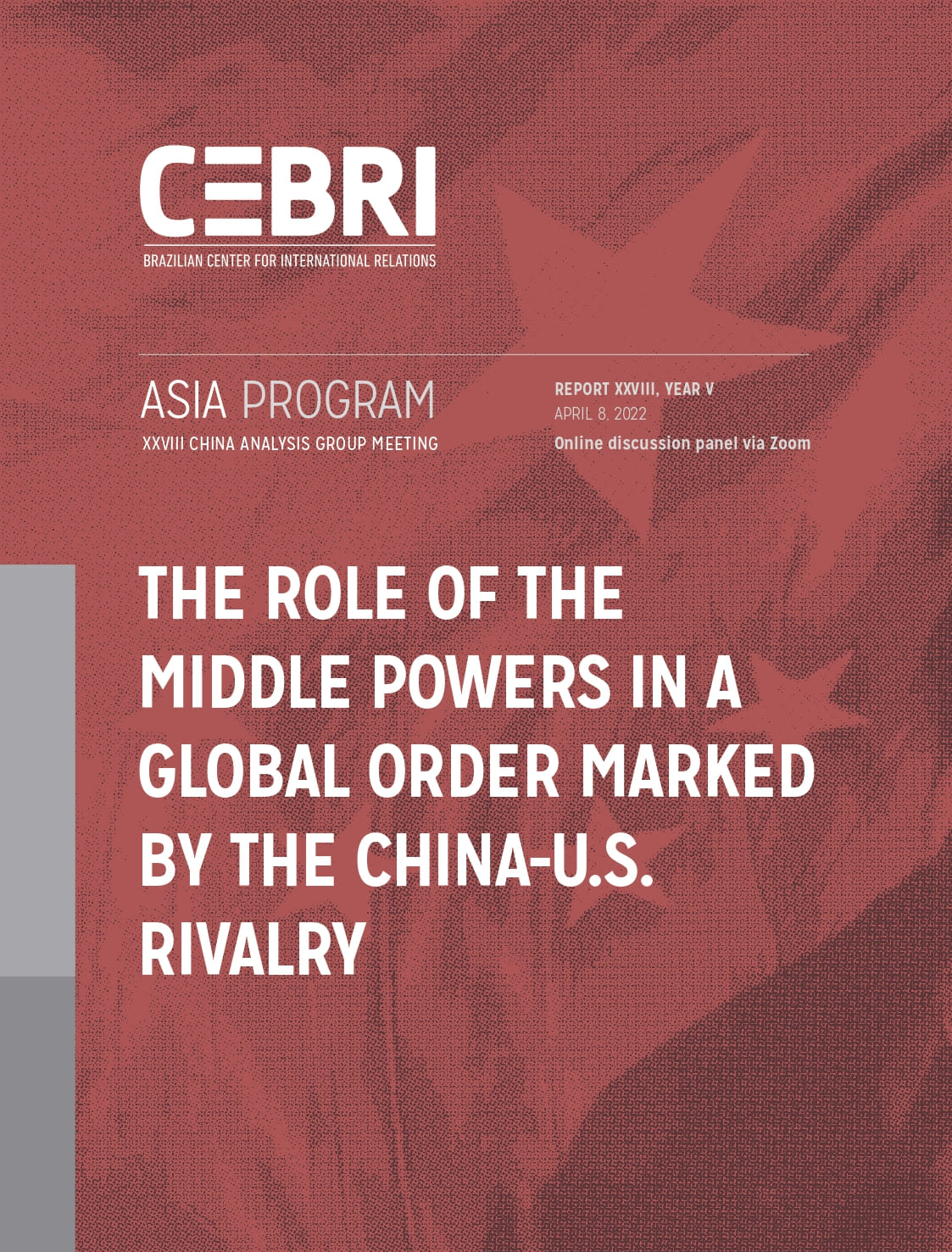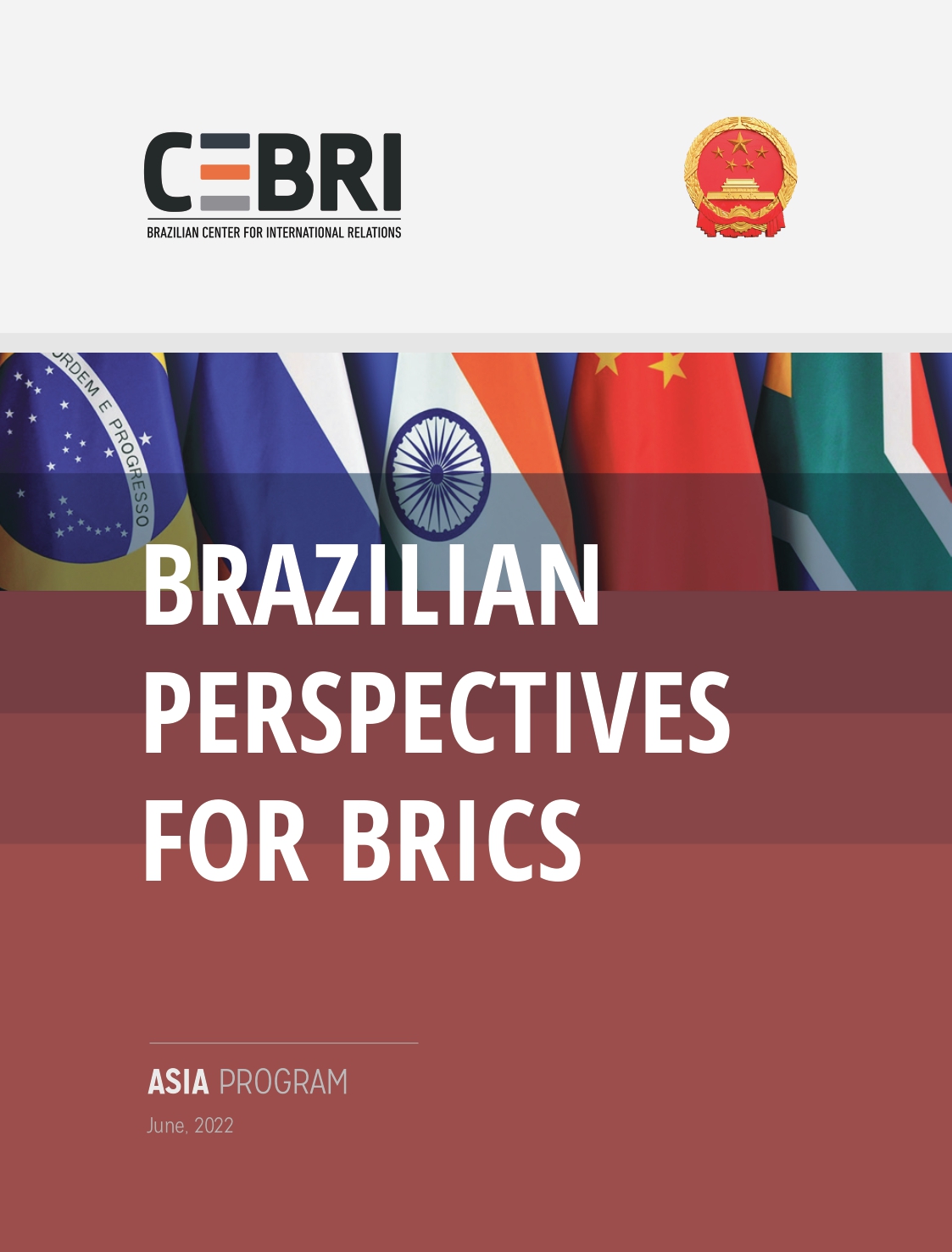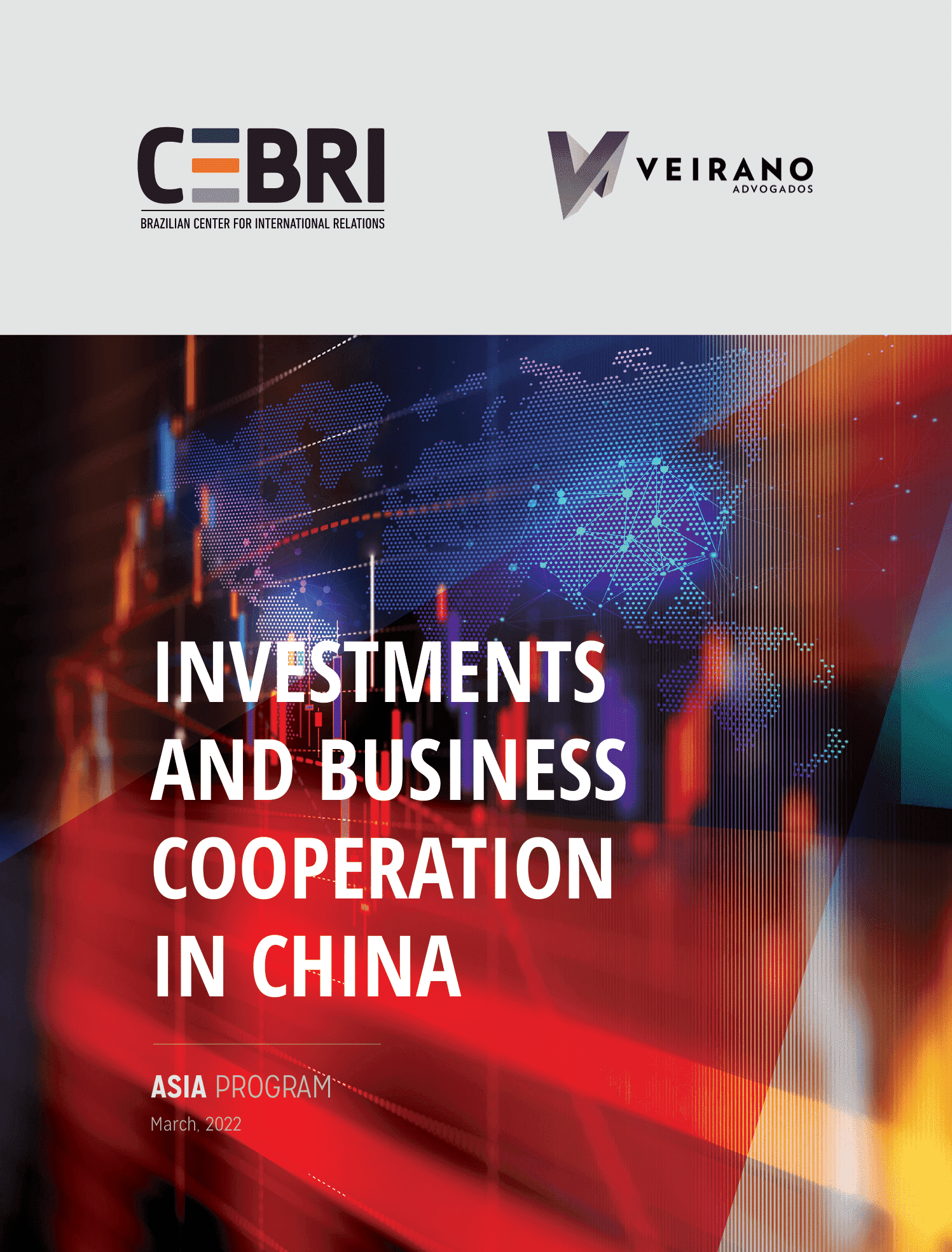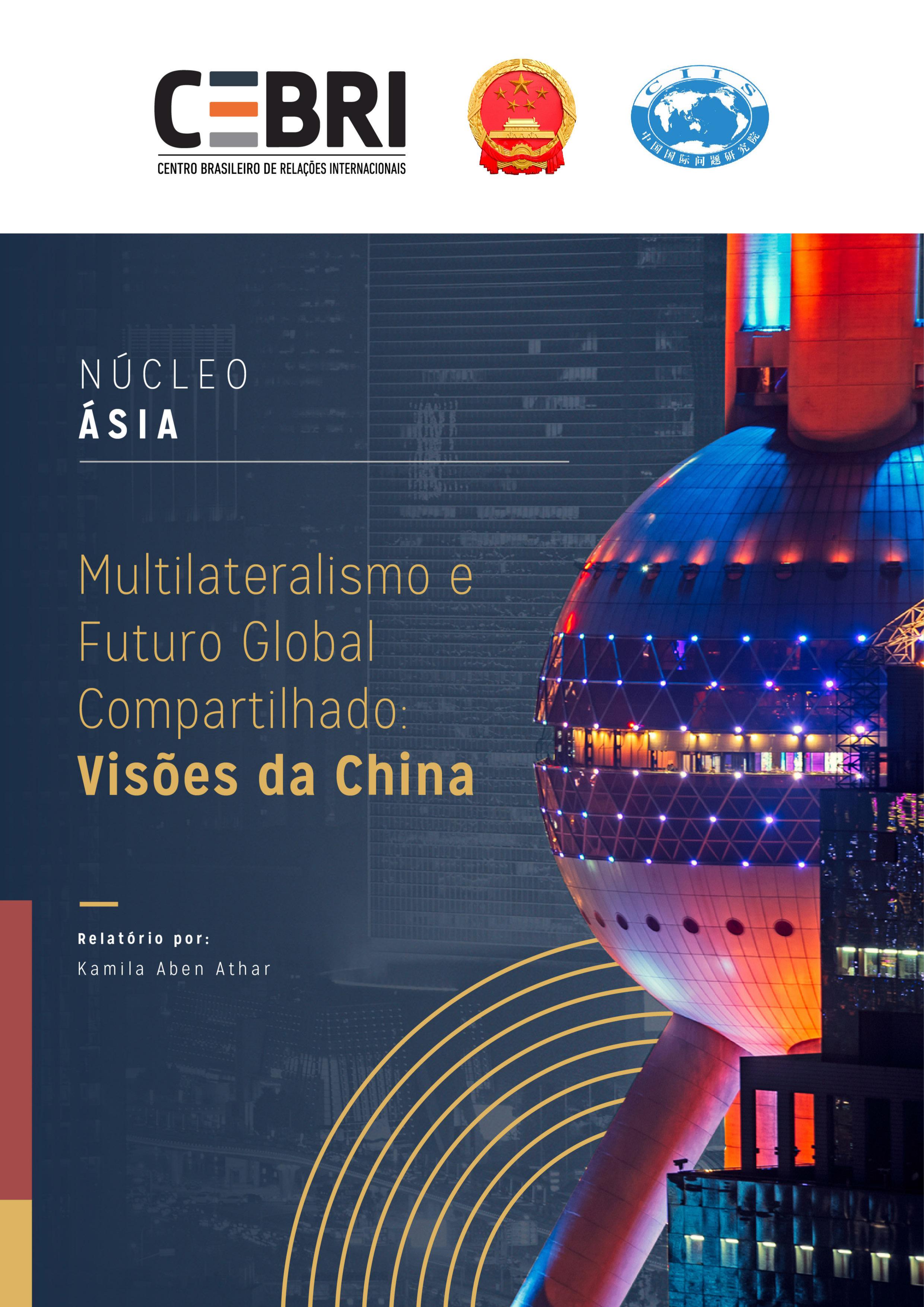Reports
XXVII China Analysis Group Meeting: A New Age in Chinese Politics: Reflections On the 6th Plenum
- Asia
- 07 march 2022
The XXVII China Analysis Group Meeting presents reflections on the 6th Plenary Session of the Central Committee of the Chinese Communist Party.
According to the participants, the sixth plenum has historically been a tool to launch new dispensations, political orders, and possibly a new political language. The resolutions that emerge from it operate in two distinct domains: the rhetorical and the political. Regarding the differences between this plenum and the previous ones, the participants argued that the 6th plenary session of the 19th Central Committee of the Chinese Communist Party did not bring many changes in the rhetorical/ideological field, and they pointed out the reasons for this. Moreover, they argued that the meeting lionized Xi Jinping, paved the way for his third term, justified the party rules, and re-scripted a narrative framing of Xi’s new era.
The XXVII China Analysis Group Meeting presents reflections on the 6th Plenary Session of the Central Committee of the Chinese Communist Party.
According to the participants, the sixth plenum has historically been a tool to launch new dispensations, political orders, and possibly a new political language. The resolutions that emerge from it operate in two distinct domains: the rhetorical and the political. Regarding the differences between this plenum and the previous ones, the participants argued that the 6th plenary session of the 19th Central Committee of the Chinese Communist Party did not bring many changes in the rhetorical/ideological field, and they pointed out the reasons for this. Moreover, they argued that the meeting lionized Xi Jinping, paved the way for his third term, justified the party rules, and re-scripted a narrative framing of Xi’s new era.
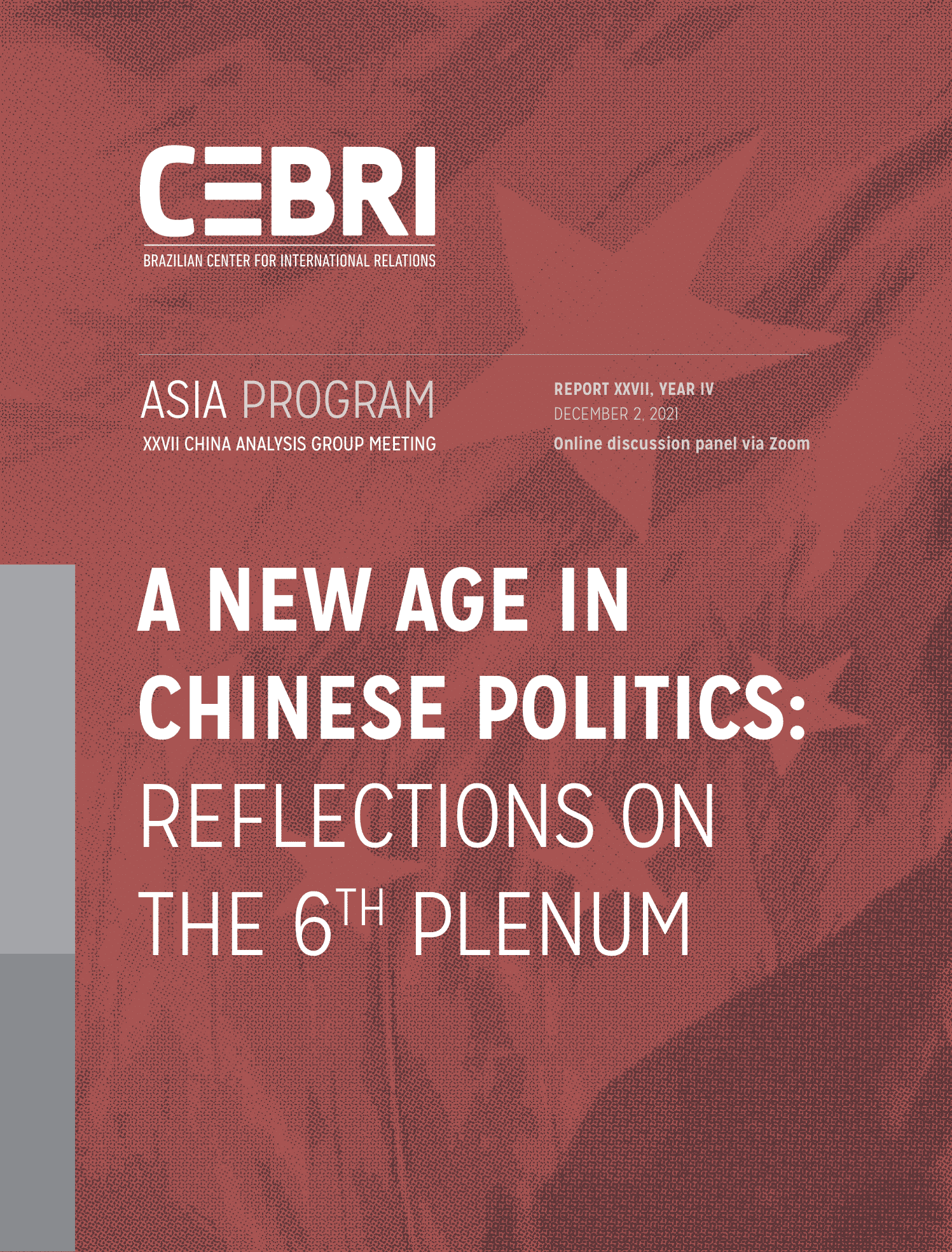







6932f633dad5f.png)
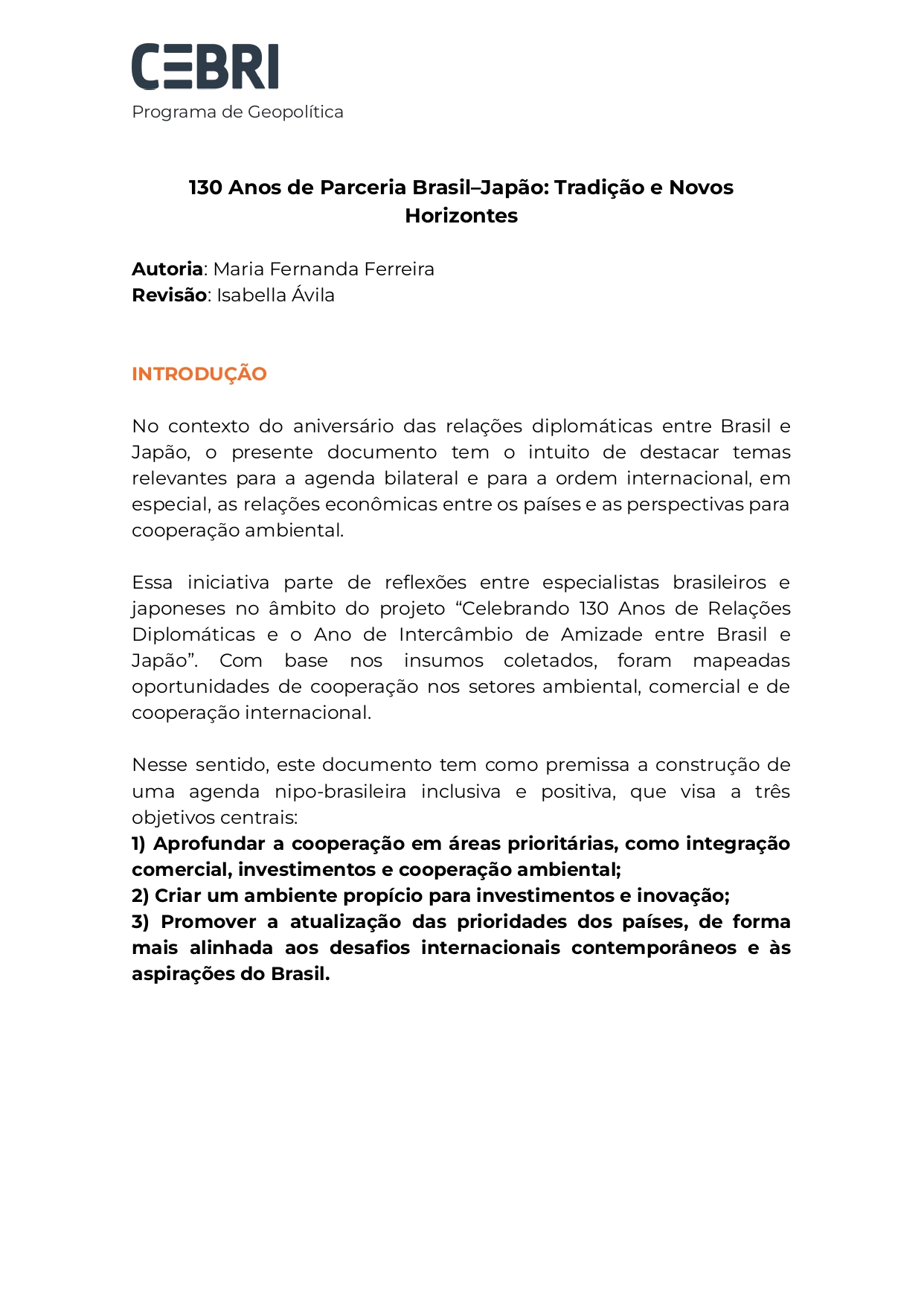
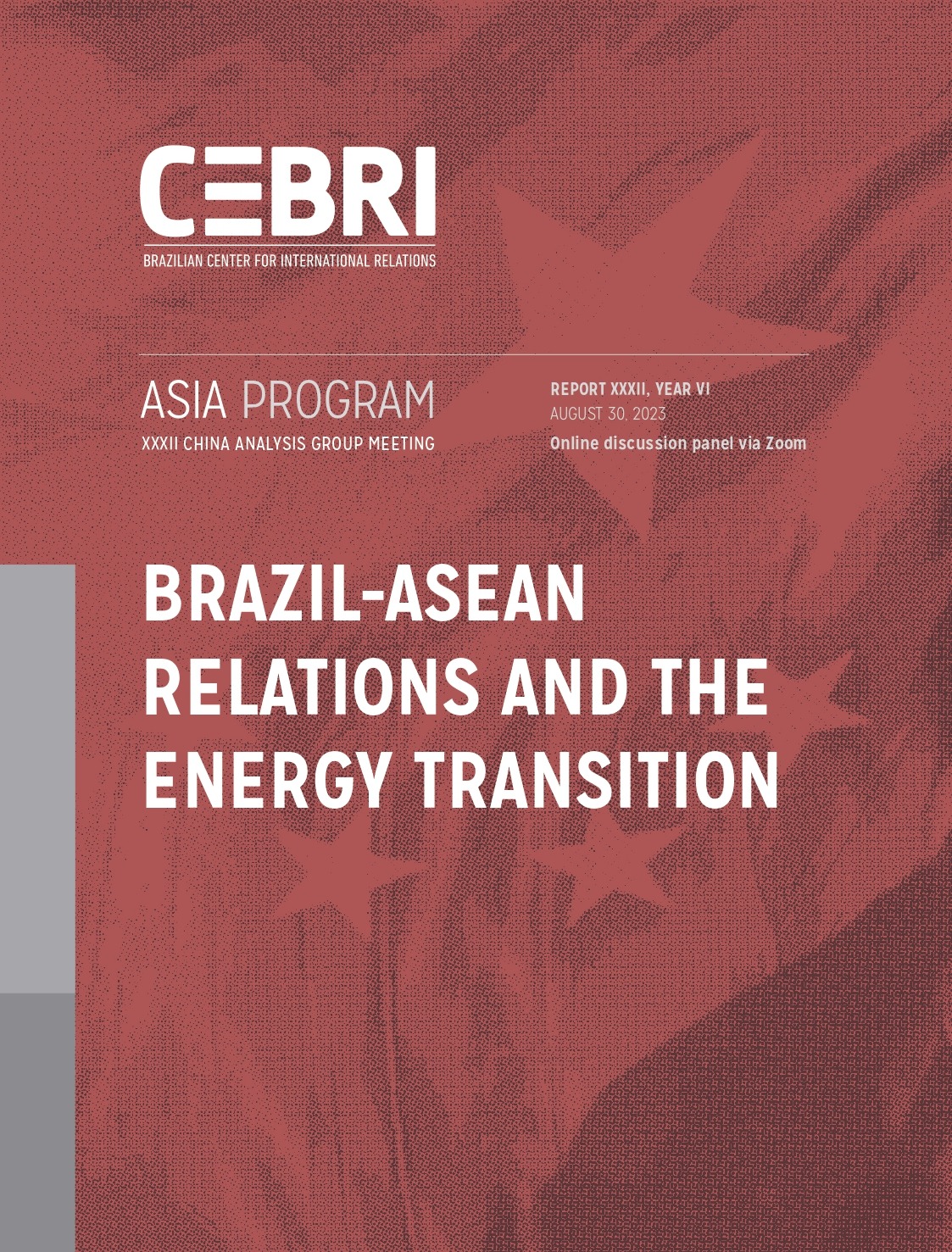
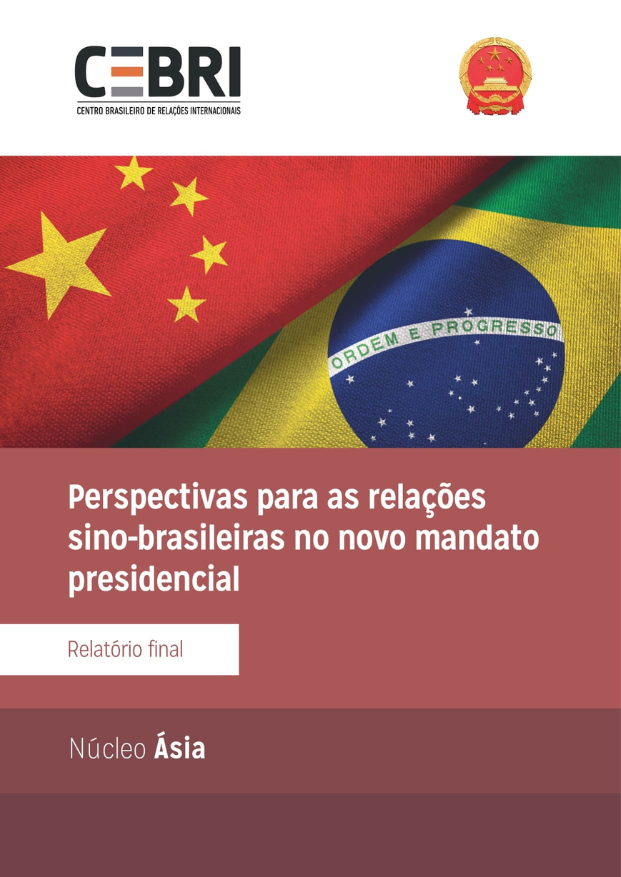
63dd462196071.jpg)
